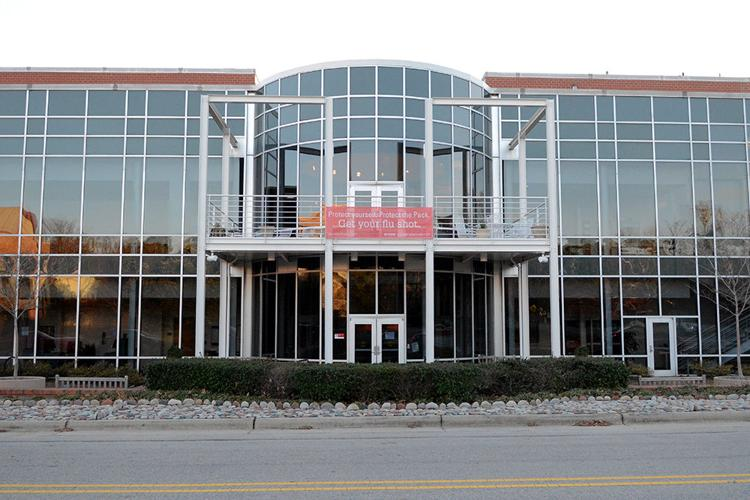Prevention Services, which offers resources related to suicide prevention as well as case management, has shifted most of its services, including walk-in appointments, to Zoom meetings.
According to Emily Anderson, suicide prevention coordinator, there will always be at least a few Prevention Services staff members available at the center. Students can also file concerning behavior reports online through CARES if they notice worrisome behaviors with one of their peers, whether or not either person is on campus.
The Mental Health Ambassadors, a student group which is part of Prevention Services, has traditionally led events on campus, including the Annual Candlelight Vigil during Suicide Prevention Week and Fresh Check Day.
Ali Sapp, a fourth-year studying psychology who joined the Mental Health Ambassadors in 2019, said while events may look a bit different during this semester, there are still ways to get involved for those interested in mental health and suicide prevention.
“One thing that the Mental Health Ambassadors do, that the Counseling Center does, that anyone can do actually, is QPR training (Question, Persuade, Refer),” Sapp said. “It teaches people how to approach in certain situations where someone may be contemplating suicide, to ‘question, persuade and refer’ them to a professional.”
Anderson is currently facilitating online QPR trainings, and there are specific trainings for students, faculty, staff and resident advisors.
The Counseling Center, a separate entity from Prevention Services, is discussing the possibility of holding some face-to-face events, with limited people in attendance to minimize social contact.
Sapp said now may be a great time to explore the Counseling Center’s services, even for students who will not be on campus this fall.
“Try something new,” Sapp said. “If you were thinking about attending an event in person at NC State, if there’s a Counseling Center drop-in event, if you were going to do it in person, why not try it online?”
Anderson said the Counseling Center can connect with students via Zoom or with off-campus resources if needed. Students facing mental health emergencies can still walk into the Counseling Center from 8 a.m.-5 p.m.
The Counseling Center is always voluntary, Anderson said, and for students who choose to seek services, there is no obligation or long-term commitment involved.
“If they only come for one session, they only come for one session,” Anderson said. “We’re never going to hold it against them if they say they don’t feel like it’s a good fit, or if they prefer a different resource. We’re happy to still make those connections, but we encourage them to try.”
For students interested in making an appointment at the Counseling Center: https://counseling.dasa.ncsu.edu/coronavirus/
Here is the Suicide Prevention Lifeline Website:
https://suicidepreventionlifeline.org/
Here is a list of referrals from the Prevention Services website: https://drive.google.com/file/d/1BXm4_Up2pRZTJ4DsdmMJxlRAP2oi1WDx/view








